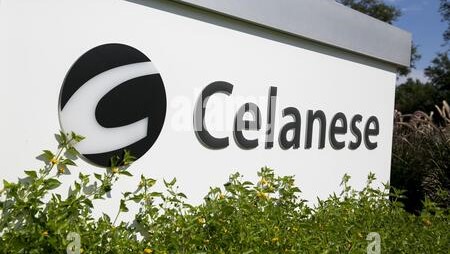Celanese Corporation, a global specialty materials and chemical company, announced it has begun running a carbon capture and utilization (CCU) project at its Clear Lake, Texas, site as part of its Fairway Methanol joint venture with Mitsui & Co., Ltd. The project is expected to capture 180,000 metric tons of CO2 industrial emissions and produce 130,000 metric tons of low-carbon methanol per year.
Celanese is actively leveraging CCU to offer low-carbon options across its Acetyl Chain and Engineered Materials products to help global customers meet the growing demand for more sustainable and circular solutions. The products will be launched under the ECO-CC name and be transparently supported through mass balance tracking and life cycle assessment processes.
CCU takes CO2 industrial emissions that would otherwise be emitted into the atmosphere from both Celanese and third-party sources and applies reduced-carbon-intensity hydrogen to chemically convert the captured CO2 into a methanol building block used for downstream production. This low-carbon input is then used to reduce traditional fossil fuel-based raw materials and can help produce a wide range of end products across most major industries. Third-party sources account for 80% of the captured CO2 waste.
Unlike the more commonly referenced carbon capture and sequestration (CCS), where captured CO2 emissions are injected into and stored in the ground, CCU fosters circularity by using CO2 emissions to create products that can reduce the need for fossil fuels.
Tags: CCU, Celanese Corporation, Methanol, Project, Texas



Recent Posts
DNV Grants Approval in Principle for New Ammonia Bunkering Vessel Design
Proteus Launches Modular Hydrogen Fuel Cell System for Maritime Sector
Van Oord Unveils Boreas, World’s Largest and Most Sustainable Offshore Wind Installation Vessel
New methanol-fuelled vessel ‘Berlin Maersk’ to enter service
NMPA wins greentech global environment award
CMA CGM in negotiations with Indian shipyards for LNG-powered shipbuilding
L&T to Develop Green Hydrogen and Ammonia Projects in Kandla
Pan Ocean Orders Two Eco-Ready VLCCs from HD Hyundai Heavy Industries